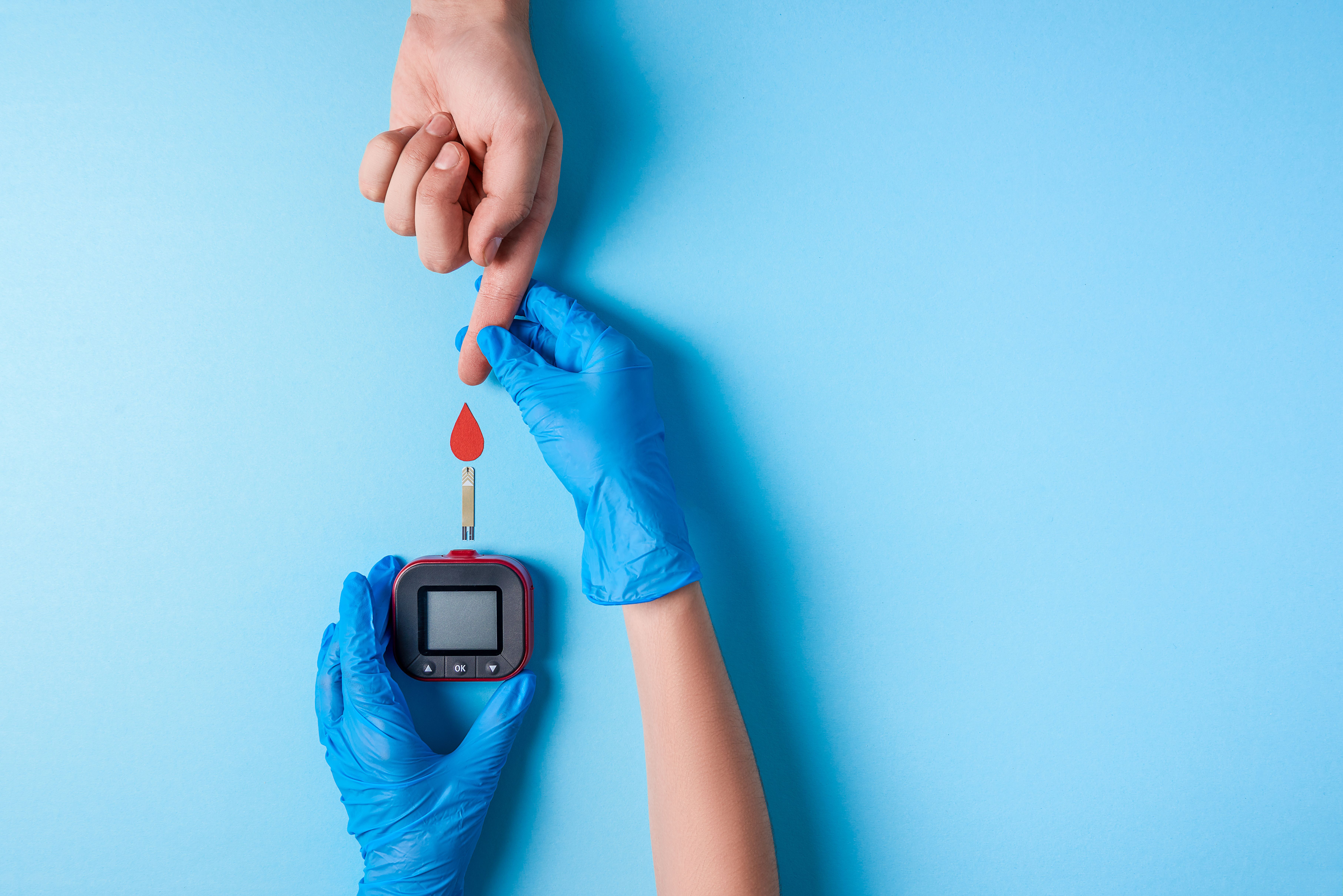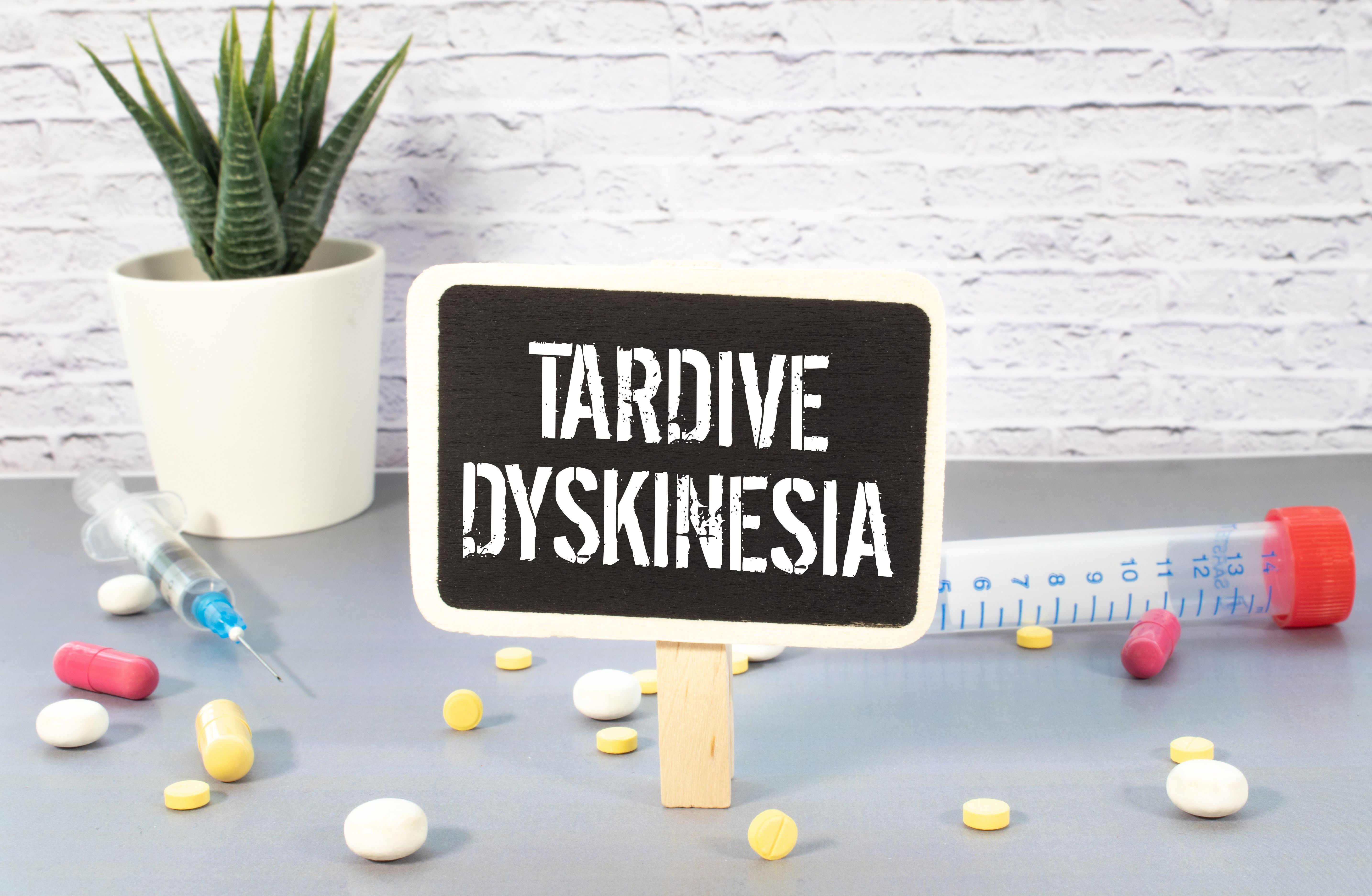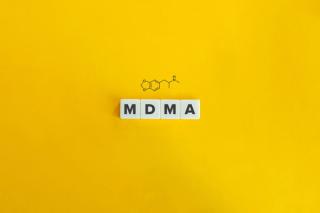
Mental and Behavioral Health
Latest News
Latest Videos

CME Content
More News

FDA approves lumateperone as an adjunct therapy for major depressive disorder, offering new treatment options for this indication.

Research reveals no significant disparities in cardiovascular disease incidence linked to mental disorders after the COVID-19 pandemic.

The FDA approves Uzedy, a long-acting risperidone injection, enhancing treatment options for adults with bipolar I disorder and addressing unmet needs.

In pharmacies in predominantly Black and Latino neighborhoods, only 18% and 17% were likely to carry buprenorphine compared with White neighborhoods.

Pharmacies face significant challenges in filling buprenorphine prescriptions for telemedicine patients, impacting opioid use disorder treatment access and patient satisfaction.

Researchers explored the effectiveness of pharmacist-led interventions for improving medication adherence among a group of patients with chronic diseases.

Offering a glimpse into how social isolation and loneliness impact health outcomes, researchers explored how pharmacists promote social health care among their patients.

The FDA also recommended a scheduling action for 7-hydroxymitragynine (7-OH), with data showing the drug binds to opioid receptors.

Community pharmacists embrace mental health interventions to combat depression and anxiety in long-term condition patients, enhancing overall care and accessibility.

The risk of untreated depression for pregnant women can cause adverse outcomes, which can include relapse in mood symptoms, suicide, and overdose death.

Older adults with insomnia face heightened depression risks during inflammation, highlighting the need for targeted monitoring and treatment strategies.

Researchers examined the factors attributed to self-reported resilience among diverse and community-dwelling adults during the COVID-19 pandemic.

Pharmacists play a role in educating patients as well as making them feel more comfortable when utilizing opioid use treatment.

Thimerosal is a mercury-containing compound that has been widely used as a preservative in some biological and drug products since the 1930s.

In 2023, drug overdose deaths sustained declines, but there are still disparities that need to be addressed to continue to decrease these numbers.

PET and autopsy assays suggest that Alzheimer disease (AD) and non-AD tau pathologies could be the underlying cause of some late-life mood disorders.

Our whole country needs to do better in providing harm reduction services, including naloxone and syringe service programs.

Investigators found that simvastatin added to escitalopram for patients with obesity and major depressive disorder did not have increased antidepressive effects.

The associations and strengths of these links varied by the complication type, including diabetic nephropathy, neuropathy, and retinopathy.

Researchers aimed to estimate the impact of using behavioral science principles within communication intended for hypertension medication adherence.
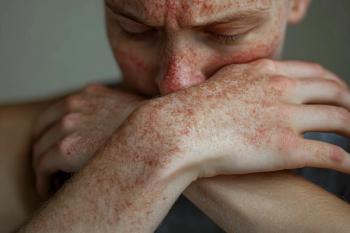
Through a comprehensive review and meta-analysis, researchers identified the correlation between atopic dermatitis and dementia.

Patients included in the study were aged 6 to 17 years with attention deficit/hyperactivity disorder (ADHD).

Researchers conduct a scoping review to update and determine what the best available options are for treating patients with skin-picking disorder.

In children aged 5 to 17 with skin disorders, researchers explore the risk of developing psychosocial comorbidities, sleep disturbances, and common related symptoms.
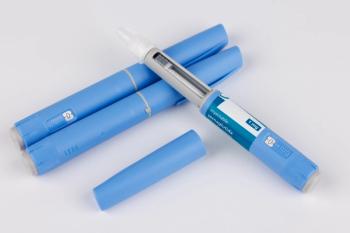
Glucagon-like peptide-1 receptor agonists have been associated with improvements in quality of life (QOL), restrained eating, and emotional eating behavior.



